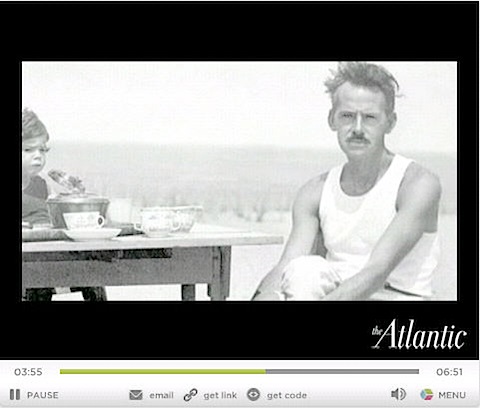I struggled the first couple of years teaching, to find the right place. In my third year, I did. I wrote in part of that journey here.
I knew I had found the right place when an Instructional Assistant they had assigned to me (primarily I assume to “check me out”) reported back, “He’s extremely extremely effective. He does everything wrong (not “by the book”), but he does it all for the good of the school.” The second thing was, one of the school’s leaders reported to the principal, “Yes, he’s weird, but he’s weird like us.”
It’s a great feeling, finding the right place. I’m not alone in praising the school and not just out of some sycophantic paranoia about job security. We are a Title One school and we are filled with very very smart people. I’m a career switcher, and coming out of the top of Fortune 500 business, I’m telling you, these folks are as smart and creative as any I’ve worked with. It’s, as always, a combination of things. Title 1 is not an easy environment. As a teacher, if you are looking for easy, go to some rich school where it really doesn’t matter what you do – the kids will do fine. Here, if we screw up, it has a very significant impact. If we succeed, likewise. Such a high-stakes environment, coupled with some great management, has pulled together a significantly talented, hardworking team that’s focused on the work and help one another. I’ve written about our school’s culture here.
At other schools where the teaching is not really make-or-break, people tend to focus on meaningless petty minutia. The types of situations which prompted the remark I love to quote “Inter-personal politics increase as the stakes decrease.”
I go out for Professional Development, more than I would like. Each time I run directly into small minded bureaucrats with unresolved control issues and no idea what they are doing. I hear horror stories from folks at other schools of Administrations not listening, making bad decisions, and launching witch hunts when anyone steps out of line or questions them. The stories are totally believable, having struggled in similar situations in Education myself.
One central office-type I work with who writes Random Musings characterized our school this way, “You got all the right people in the boat.”
Each time I return to my current school I think of that guy in Apocalypse Now. While going up the river toward Cambodia, he gets out and walks into the jungle in search of mangoes. When he returns, he’s reduced from his experience to freaking out in the bow of the boat in the fetal position ripping at his own clothes, repeating, “Never get out of the boat. Never get out of the boat. Never get out of the boat …”
When I return to school, I always feel the same way.
One of the graduate school courses I teach is to soon-to-be general education teachers. They are going through their student teaching during the class, and they are in job search mode. I’m hearing all sorts of stories. I sent out this list, ostensibly tongue & cheek, of rules they might think to follow during their first year of teaching.
It’s a list of rules compiled by U.S. spies in Moscow during the cold war…
The Moscow Rules:
1. Assume nothing
2. Never go against your gut
3. Everyone is potentially under opposition control
4. Don’t look back; you are never completely alone
5. Go with the flow, blend in
6. Vary your pattern and stay within your cover
7. Lull them into a sense of complacency
8. Don’t harass the opposition
9. Pick the time and place for action
10. Keep your options open.
Anybody who’s taught in a bad situation, and thats a lot of situations in education, knows this isn’t tongue & cheek at all.
In all other business situations, when something is broken, folks look to the management. The president of a company is the first to go. Why is it in Education (capitalized to refer to the Academic Industrial Complex) when people look to fix it, they always talk about fixing the teachers? Oh yeah, it’s because the leadership is paying the consultants who come up with these solutions.



